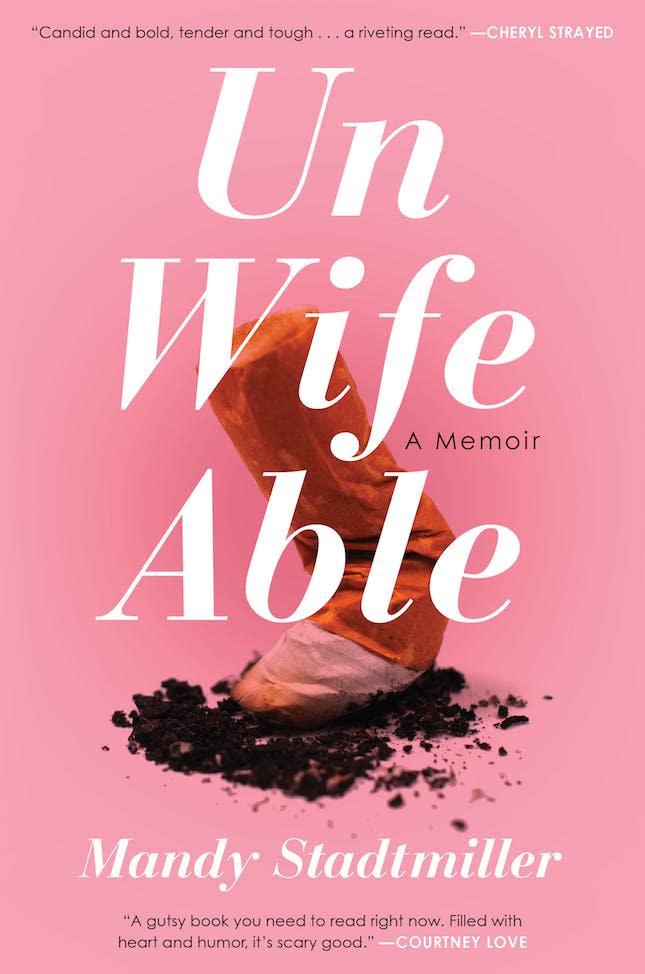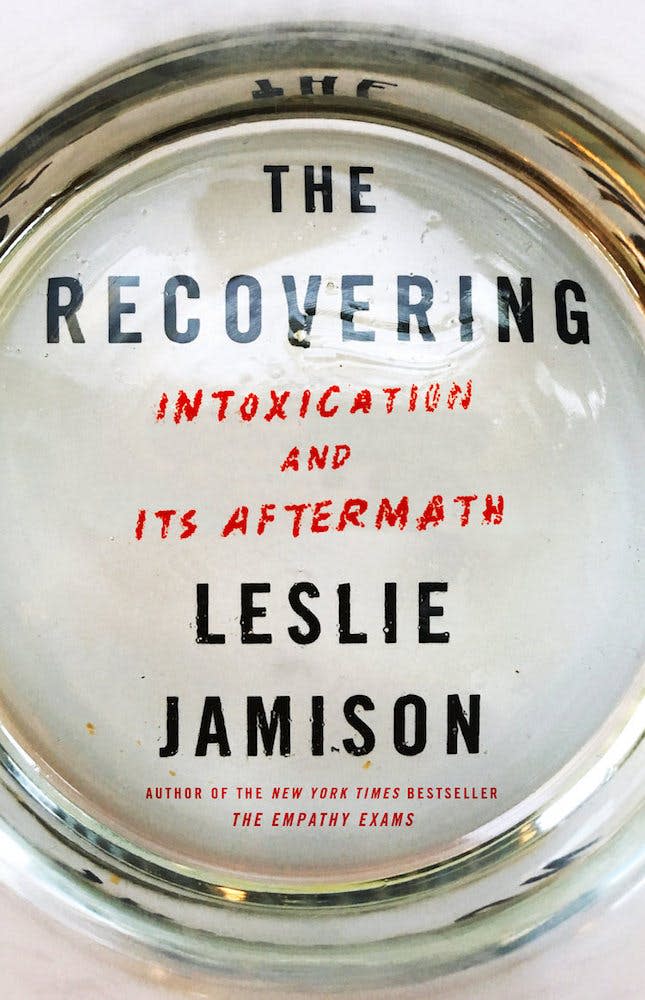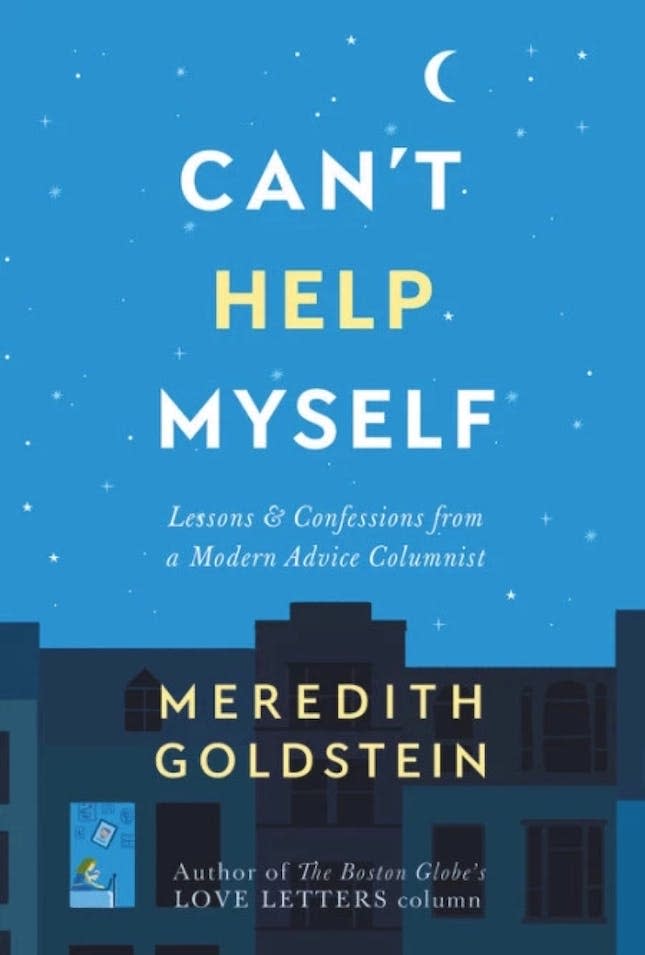3 New Books About Taking Time Off for “Bad” Behavior
People who need to pull their lives together are the subjects of most of the best fiction. It’s fun to read about someone who can’t quite seem to make good choices, partially because it lets us look at ourselves in a slightly rosier light. But what happens when that fiction becomes your real life? The three women behind these new books in this week’s book club speak frankly about the challenges they’ve faced with issues such as addiction, escapism, and commitment, as well as taking a look at the society that promotes these behaviors while celebrating some who participate and censuring others. Each also offers thoughts on the advice they followed (or gave) to change lives.
1. Unwifeable: A Memoir by Mandy Stadtmiler ($27): “If you look deep inside every woman, you will find a black box that records the wreckage of her past relationships. Internal recordings that can withstand the g-force impact of total obliteration that comes with a coupling’s end…My black box is horrific — even by black-box standards. I’ve behaved terribly, predictably, and embarrassingly — and most shameless of all, I wrote about the journey in the New York Post and on xoJane with such excruciating lack of self-awareness I finally had to reconcile the fact that there might be no one out there left for me at all. I considered myself unwifeable. And I liked it.” Comedian and writer Stadtmiller’s book is aimed squarely at anyone who’s ever had a foray into excess.
She writes candidly of her embarrassment about careening through life as “a living don’t” at 30, fresh from a breakup of a five-year marriage over her ex-husband’s many sexual indiscretions. Unable to move back in with her mother because of her parents’ sudden reunion, Stadtmiller quit her PR job and moved from Chicago to New York for a job with the Post. While writing a dating column, she embarked on an extensive period of “bad behavior,” using sex and alcohol as an escape and making thousands from an online dating site for meeting as many men as she could.
Stadtmiller freely criticizes the choices she made while exploring what she learned from, as she puts it, mistaking exhibitionism and narcissism for feminism. Eventually, she sought help, realizing that it was far better to depend on herself for happiness than to search for another person to make her happy. Part risqué chronicle of her sexual exploits and part exploration of her path back to redemption and eventual marriage through therapy, Unwifeable isn’t afraid of shocking the reader with details or a little (or a lot) of name-dropping.
2. The Recovering: Intoxication and Its Aftermath by Leslie Jamison ($30): Writer Jamison had her first drink when she was 13. Enjoying the “hot pine needles down [her] throat,” she would eventually use this feeling to overcome shyness while doing graduate study at the Iowa Writers Workshop. “I’d always been enthralled by stories of wreckage,” she writes, and she gradually saw her life become one of those stories, spiraling through blackouts, a “date rape” and subsequent abortion, and persistent health problems that threatened to end her story forever.
“When I told people I was writing a book about addiction and recovery, I often saw their eyes glaze. Oh, that book, they seemed to say, I’ve already read that book. I wanted to tell them that I was writing a book about that glazed look in their eyes, about the way an addiction story can make you think, I’ve heard that story before, before you’ve even heard it. I wanted to tell them I was trying to write a book about the ways addiction is a hard story to tell, because addiction is always a story that has already been told, because it inevitably repeats itself, because it grinds down — ultimately, for everyone — to the same demolished and reductive and recycled core: Desire. Use. Repeat.”
What Jamison wants her readers to understand is that the value of the story isn’t in its uniqueness; it’s about realizing that it’s not unique, and will happen again and again, in many different ways that are ultimately the same. Her goal isn’t novelty, but her lyrical way of telling a story that’s been told many times has earned her fans as notable as Stephen King (and propelled an earlier work of essays, Empathy Exams, to the New York Times Bestseller list). Each chapter, given a stark, evocative title, from “Wonder” to “Surrender,” “Thirst” to “Reckoning,” explores the romantic “whiskey-and-ink mythology” of the alcoholic writer, and finds it to be wanting when applied to her reality. Eventually, Jamison finds recovery and hope, and perhaps some of her readers will as well.
3. Can’t Help Myself: Lessons & Confessions from a Modern Advice Columnist by Meredith Goldstein ($26): “Those who can’t do, teach,” is an oft-quoted adage. “Those who don’t know what to do, advise” might as well be another. At the end of 2008, when journalist Meredith Goldstein started as an advice columnist, writing the Boston Globe’s new online Love Letters column, she definitely did not have her own life figured out (and she freely admits that she still doesn’t). She was fresh from being dumped by her boyfriend and Globe co-worker Patrick, and had become “the woman crying near the vending machines at work,” re-watching Buffy episodes over and over at night while eating frozen waffles in an attempt to cheer herself up.
In this state, and with no particular psychological training, you might think an advice column would be the last thing she’d want to write. Instead, though, Goldstein thrived in this new capacity. “I was deeply interested in writing about the way people lived now,” she says. “Also, I’d sort of been an advice columnist for decades, at least to my family and friends.” When the letters started coming, she was ready with a sympathetic ear and unconventional attitudes about relationships, marriage, and life: “I didn’t want to go anywhere…that was the point…I couldn’t imagine living with anyone besides friends, and I had no desire to have kids.”
Goldstein’s readership grew, as did her perceptiveness and poise. Finally, when her mother faces cancer, she learns to take her own advice and draw support from the community she’s created. In that vein, her book features one of the only times you might actually want to read the comments, as Goldstein shares a collection of some she’s received on her various articles that she found valuable in answering some of her own questions. She also posts updates that some of her readers have sent her about how her advice to them is playing out; not for closure, because there’s always another chapter, but to show that, happy or sad, we’re always learning and changing.
What books have gotten you through a bad time? Tag us in your next good read @BritandCo.
Brit + Co may at times use affiliate links to promote products sold by others, but always offers genuine editorial recommendations.





